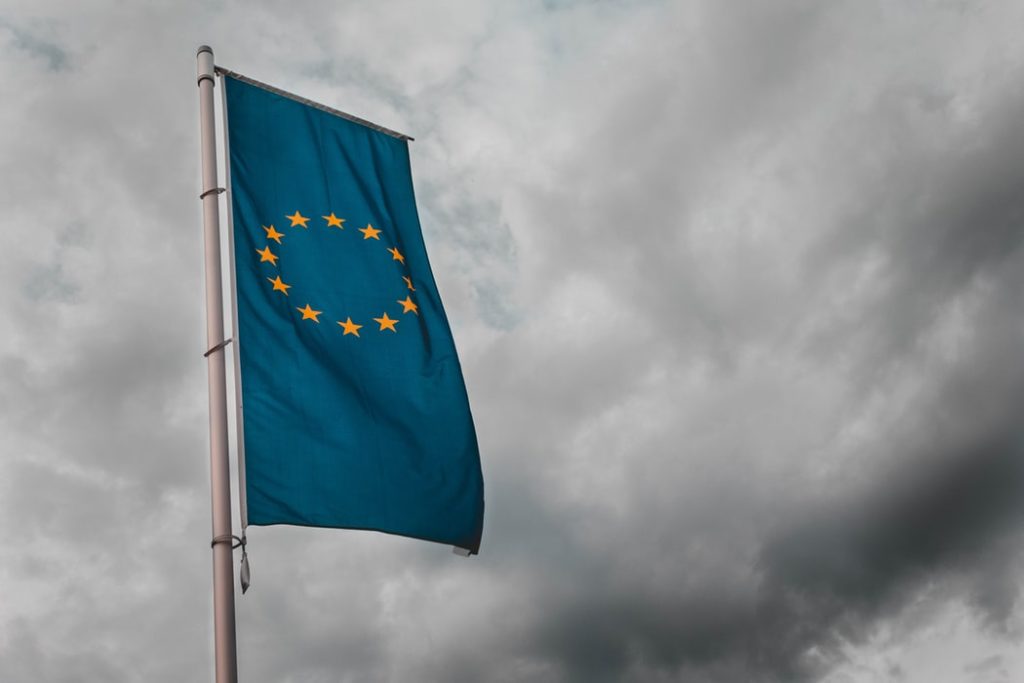A recent survey shows that a majority of companies in EU Member States think that corruption is still widespread. The survey follows an announcement last week by the American department of justice that Swedish telecommunication company Ericsson has agreed to pay total penalties of more than $1 billion for corrupt practices in five countries abroad.
The survey (Flash Barometer 482) was published on the International Anti-Corruption Day (9 December) and deals with businesses´ attitudes towards corruption in the EU.
The results show a somewhat downward trend since 2013, but with a significant number (63%) of businesses across the EU of the opinion that corruption is still widespread. In 22 Member States, a majority of the companies consider corruption to be widespread in their country.
Out of the 7 722 companies in the sample, 37 % consider corruption to be a problem when doing business but tax rates, changes in legislation and complex administrations pose bigger problems.
The country level analysis highlights important differences between the member states. Over half of the companies in nine member states see corruption as a problem, with the highest levels in Romania (88 %), Malta (60 %), and Greece (58 %), while Denmark ((5 %) and Estonia (9) register the lowest levels. The figure in Belgium is 26 %.
Favouring family and friends in business is considered to be the most widespread corrupt practice. As regards connections with politics, 78 % of all companies agree that too close links between business and government in their country lead to corruption.
In 18 Member States, at least half of the companies agree that bribery and use of connections are often the easiest way to obtain public services in their country. 30 % say that corruption prevented them form winning a public tender. 51 % think that it is unlikely to be caught or prosecuted for corruption.
“Corruption undermines democracy and the rule of law, the very foundations of our European societies. Over time, its influence deepens inequalities and undermines social cohesion. We have made important progress as a Union over the years, but more remains to be done, says Swedish Commissioner for Home Affairs, Ylva Johansson.
The Commission intends to fight corruption with new rules on the protection of whistle-blowers, anti-money laundering and access to financial information. A recent measure was the establishment of the European Public Prosecutor’s Office.
Ericsson was fined in the US for violating the Foreign Corrupt Practices Act (FCPA). It had been engaged in a years-long campaign of corruption in five countries (Djibouti, China, Vietnam, Indonesia and Kuwait) to solidify its grip on telecommunications business.
“Through slush funds, bribes, gifts, and graft, Ericsson conducted telecom business with the guiding principle that ‘money talks.’ Today’s guilty plea and surrender of over a billion dollars in combined penalties should communicate clearly to all corporate actors that doing business this way will not be tolerated,” said an American attorney.
The FCPA law with its wide scope for establishing jurisdiction in bribery cases, including when transactions are carried out in US dollars or when the foreign company is registered on the US stock exchange, is unique for the US.
A Commission spokesperson told The Brussels Times that the EU has not regulated the specific offence of bribing officials in third countries outside the EU. Its legislation mainly covers businesses bribing officials in EU institutions and member states.
That said, Member States are bound by international conventions such as the UN Convention against Corruption and the OECD Anti-bribery convention. These conventions cover cases such as the Ericsson case. The affair was disclosed in 2014 by Swedish investigative journalists but the company has not been prosecuted in Sweden.
M. Apelblat
The Brussels Times

